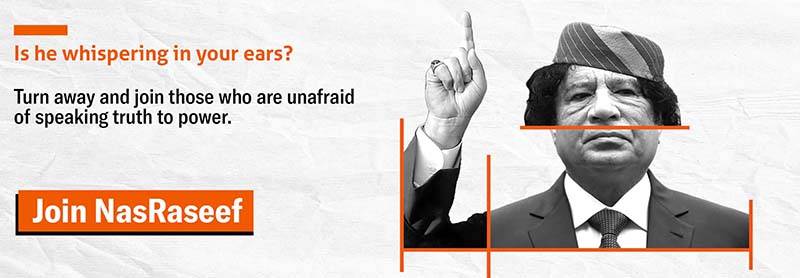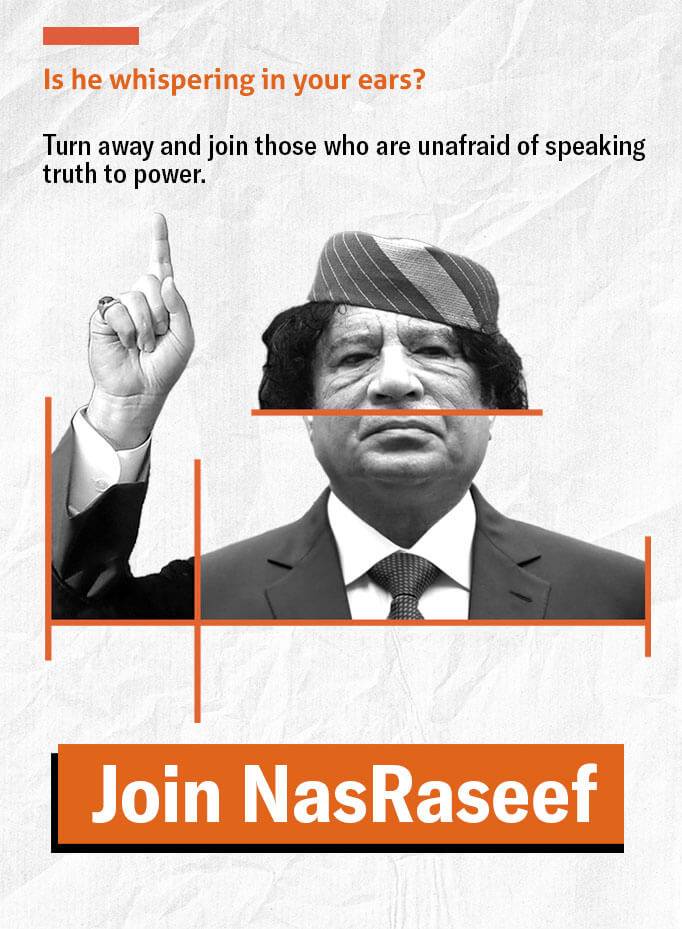Hate Speech
A Human Rights Watch (HRW) report titled "They Are Not Our Brothers: Hate Speech by Saudi Officials", which was released in Arabic last September, indicates that Saudi Arabia has not taken action either to change curricula or silence clerics who defame religious minorities. Bin Salman, who has promised the world a "more moderate" Islam, instigated reforms in Saudi Arabia, such as subsiding the authorities of the religious police and allowing women to drive. However, he remains tight-lipped over the hate speech targeting Muslim sects other than the state-backed Sunni, which has long been reflected on the official religious rhetoric as well as school books. Page 48 of the HRW report explains that Saudi Arabia has for years given clerics the green light to insult and demonize religious minorities, especially the Shia community which comprises 10 to 15 percent of the Saudi population. Sufis, Jews and Christians are other minorities that officials from different state institutions starkly persecute. Saudi religious figures use the internet to spread hate speech, even nowadays as Saudi Arabia is supposedly waging a war against extremism and terror.Why Aren't They Our Brothers?
HRW has derived the name of the report, "not our brothers", from a real-life situation. Saudi Sheikhs usually refers to Shia Muslims as the "rejected" or the "apostates". During a recorded session, the Council of Senior Scholars, Saudi Arabia's highest religious authority, replied to a couple of questions about the Shia community by saying "they are not our brothers...they are the brothers of the devil". The HRW report includes a myriad of insults hurled by former Saudi Mufti Abd Al-Aziz ibn Baz, who passed away in 1999, at Shia Muslims. Until the present time, his fatwas and writings are available for everyone to read on the website of the Permanent Committee for Scholarly Research and Ifta.Anti-Minorities Curricula
The Saudi Ministry of Education has long upheld curricula that vilify religious minorities. It was only after the 11 September attacks in 2001 when the world started paying attention to the extremism promoted by the Saudi education. Back then, under pressure from the international community, Saudi Arabia vowed to reform these curriculua. Nonetheless, the HRW report indicates that the school books approved by the Saudi education ministry for 2016-2017 still blemish the image of different religious groups, describing Jews and Christians as apostates. According to a high school book, apocalypse only happens "when Muslims fight with Jews, and Muslims kill them". The contemporary Saudi curricula also criticize Shiites and Sufis for visiting and praying at shrines. In general, Sunni Islam forbids visits to the tombs of Ahl Al-Bayt (Prophet Muhammad's relatives) to pray with the premise that shrines act as mediators between worshipers and God. According to Saudi school books, such practices results in eternal torment.Imprisoning Hate Speech Critics
Not only do Saudi authorities allow hate speech, but also clamp down on critics of such rhetoric. In 2008, for instance, prominent Shia Sheikh Tawfiq Al-Amer was arrested after criticizing a statement saying that Shiites "are the evil of the nation and are the most hostile towards Sunni Muslims". Six of the high-profile Sunni religious figures who put their signatures to the statement were former governmental officials. Al-Amer is currently serving an eight-year prison sentence for not accepting the statement.Interest-Driven International Community
The US Educational Transparency and Reform Act -- a bill to require annual reports on religious intolerance in Saudi educational materials -- tasks the Secretary of State with writing annual reports "reviewing educational materials published by Saudi Arabia's Ministry of Education" to the Congress. "A detailed determination regarding whether issuing a waiver regarding Saudi Arabia as a country of particular concern under the International Religious Freedom Act of 1998 furthers the purposes of such Act or is otherwise in the important national security interests of the United States," the bill reads. Even thought the International Religious Freedom Act gives the US president the right to impose sanctions on Saudi Arabia for violations against minorities, there has been a pardon for the oil-rich kingdom since 2006 for "high state interests", the standard reason any US president provides for reprieving a country that has committed crimes against minorities. HRW calls on the US to "immediately" revoke Saudi Arabia's pardon and cooperate with its authorities to put an end to the incitement of hatred of civilians who are not Sunni Muslims. Will that happen any time soon?Raseef22 is a not for profit entity. Our focus is on quality journalism. Every contribution to the NasRaseef membership goes directly towards journalism production. We stand independent, not accepting corporate sponsorships, sponsored content or political funding.
Support our mission to keep Raseef22 available to all readers by clicking here!




Join the Conversation
Anonymous user -
10 hours agoتعليقا على ماذكره بالمنشور فإن لدولة الإمارات وأذكر منها دبي بالتحديد لديها منظومة أحترام كبار...
Anonymous user -
2 days agoUn message privé pour l'écrivain svp débloquer moi sur Facebook
Anonymous user -
3 days agoالبرتغال تغلق باب الهجرة قريبا جدااا
Jong Lona -
3 days agoأغلبهم ياخذون سوريا لان العراقيات عندهم عشيرة حتى لو ضربها أو عنقها تقدر تروح على أهلها واهلها...
ghdr brhm -
3 days ago❤️❤️
جيسيكا ملو فالنتاين -
6 days agoجميل جدا أن تقدر كل المشاعر لأنها جميعا مهمة. شكرا على هذا المقال المشبع بالعواطف. احببت جدا خط...